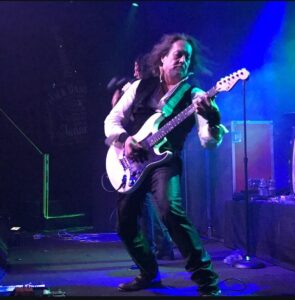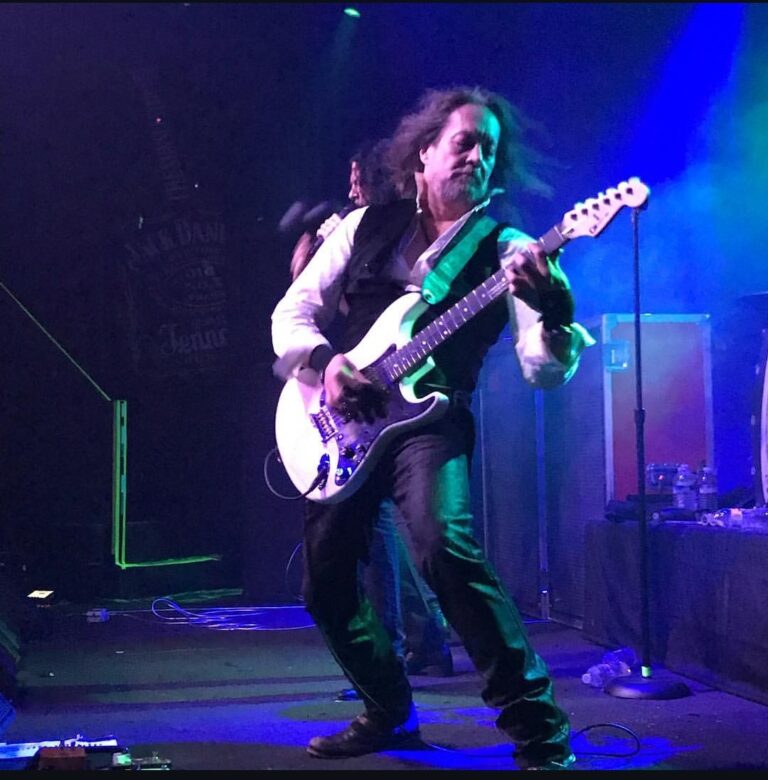Veteran bassist Anthony Esposito, known for his no-nonsense approach and brutal honesty, has opened up about his decades-long tenure alongside some of hard rock’s most iconic guitarists: George Lynch (Dokken/Lynch Mob), Ace Frehley (KISS), and Jake E. Lee (Ozzy Osbourne/Badlands). In a revealing new interview, the New York native describes himself as the rare collaborator who refused to sugarcoat feedback—even when it risked his job—earning both respect and occasional friction with his high-profile bandleaders.
Esposito’s entry into the rock world was unconventional. With no prior rock experience and coming from an upright bass background, he landed a spot in the original lineup of Lynch Mob in 1989 after impressing the band at an Arizona audition. Armed with bootleg cassettes of previous bass tryouts, he walked in fully prepared and nailed the debut album’s title track “Wicked Sensation” on the first take, leaving Lynch and the band stunned.
The initial Lynch Mob era proved short-lived. Fronted by vocalist Oni Logan, the group toured alongside polished acts like Queensrÿche and Cinderella. Logan’s inconsistent live performances—particularly cold starts that required several songs to warm up—frustrated Lynch, who quickly decided to part ways with the singer. “George was like, ‘I’m not waiting until this guy learns how to sing,’ and that was that,” Esposito recalls.
Esposito remained for the band’s self-titled second album in 1992, featuring new vocalist Robert Mason (later of Warrant). However, tensions resurfaced when Lynch began expressing dissatisfaction with Mason and floated the idea of a third singer. Esposito pushed back firmly, warning that constant lineup changes would make Lynch Mob appear more like a George Lynch solo project than a genuine band—especially amid persistent media questions about a Dokken reunion.
“I always told George: ‘We hire amazingly talented people. Just play guitar. You gotta get out of your own way,’” Esposito says. He presented Lynch with an ultimatum: either bring Logan back with professional vocal coaching or resolve the issues with Mason and commit. Ultimately, Esposito departed, citing the shift away from the equal partnership that had originally drawn him to the group.
Beyond Lynch Mob, Esposito forged deep personal bonds with Frehley and Lee, describing the relationships as more than professional. He credits his longevity with these guitar heroes to his willingness to offer unfiltered opinions from day one. “At the beginning, players like that will ask you questions,” he explains. “Your response determines whether they can trust you and if you’re there for the right reasons.”
Esposito expresses particular pain over losing Ace Frehley, with whom he shared years of touring and recording, and ongoing concern for Jake E. Lee’s well-being following the guitarist’s serious health challenges in recent years.
Now reflecting on a career built on passion—“I remember blood coming off my fingertips, but I couldn’t get enough of it”—Esposito remains proud of never compromising his straightforward style, even when surrounded by rock royalty accustomed to yes-men. “Ace loved it because he was surrounded by people who’d say he could do no wrong,” he notes. “I never did that.”
